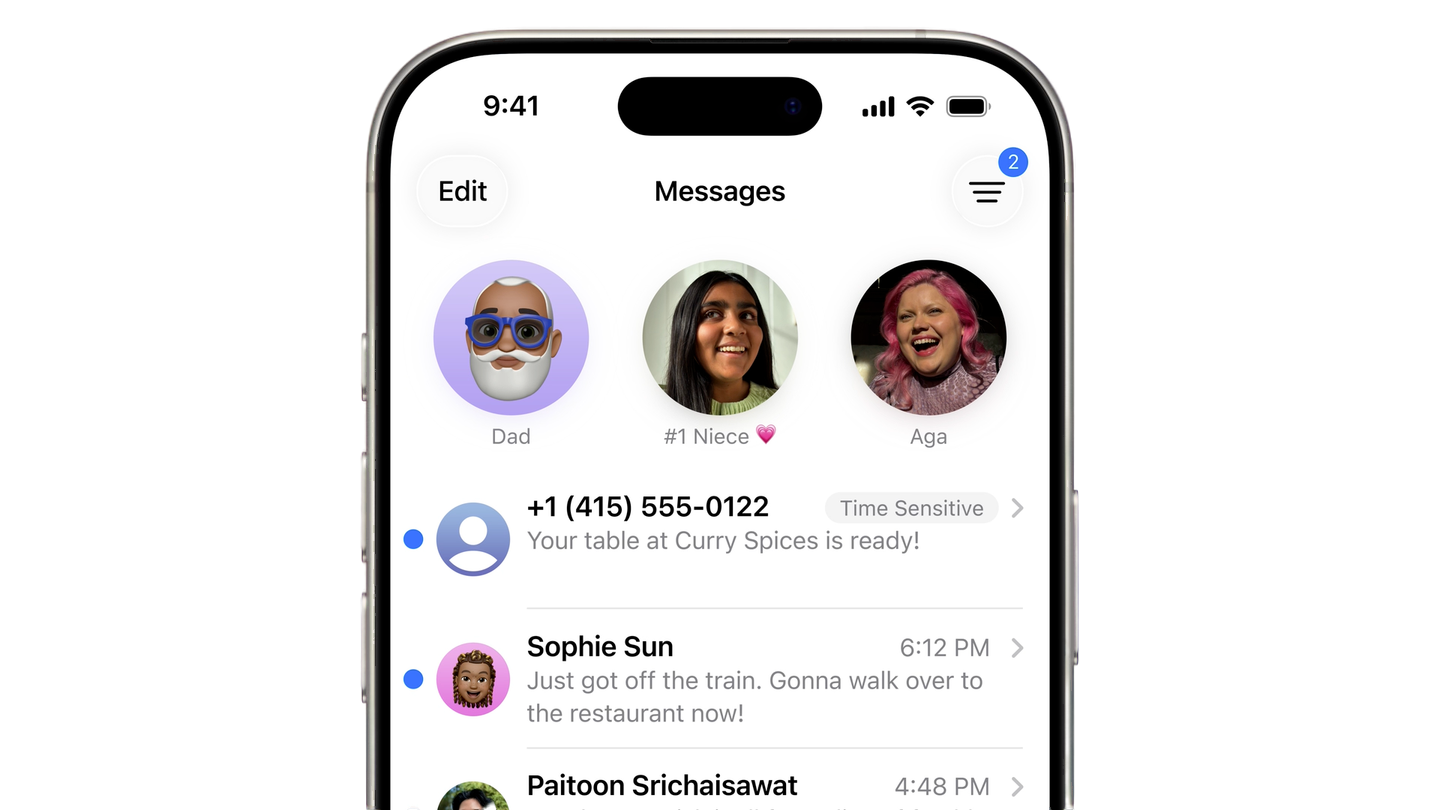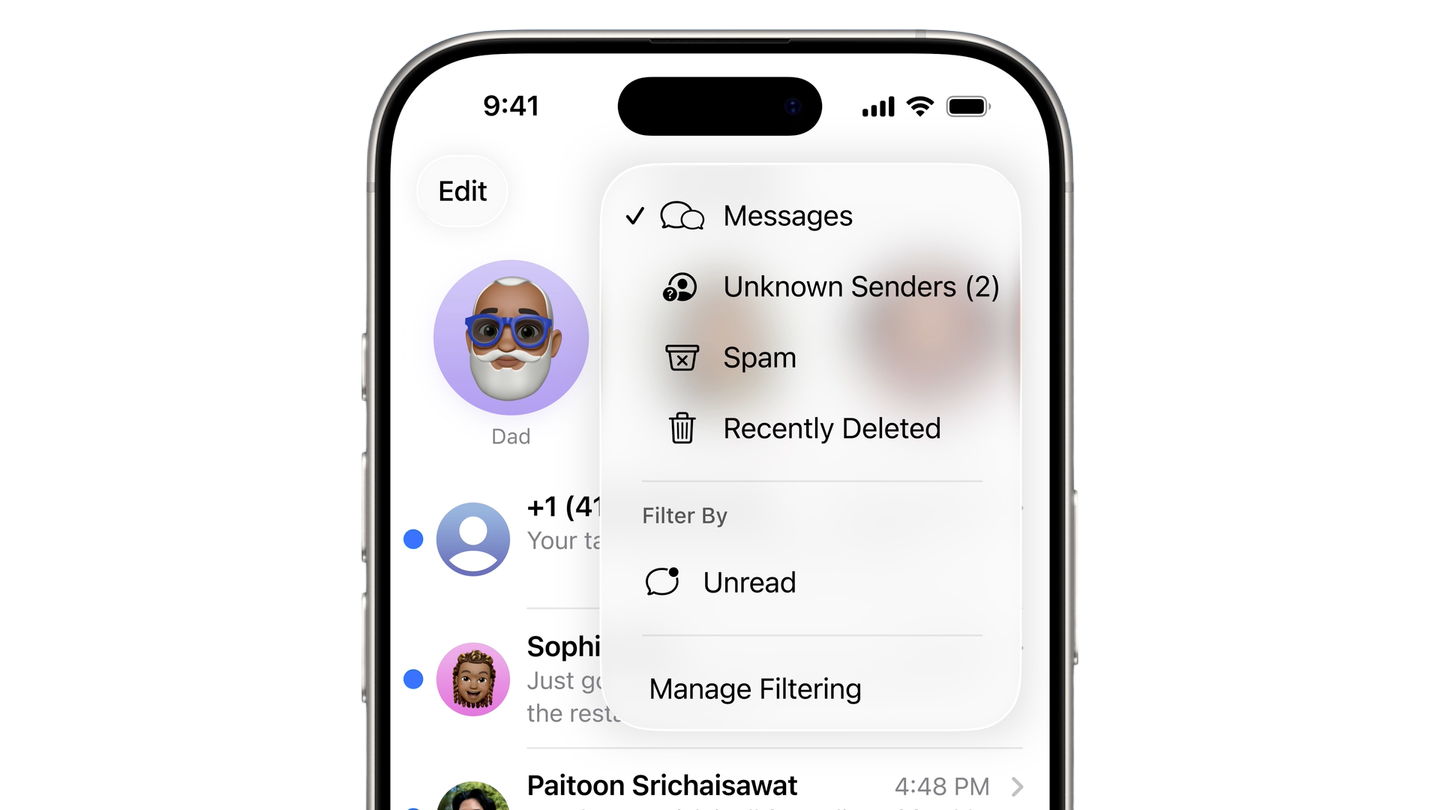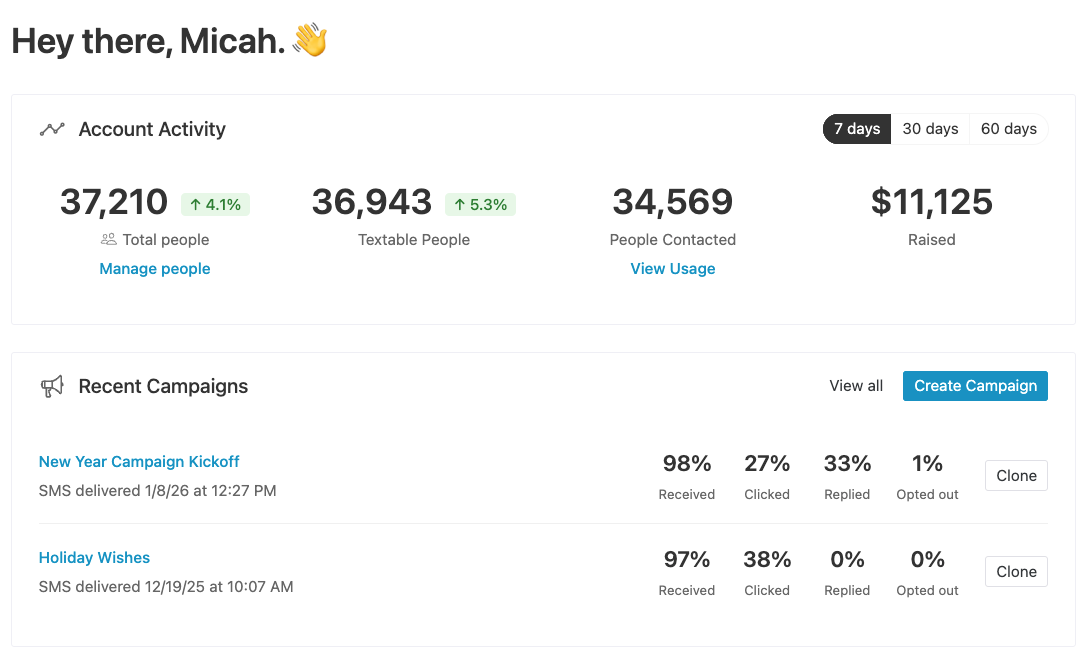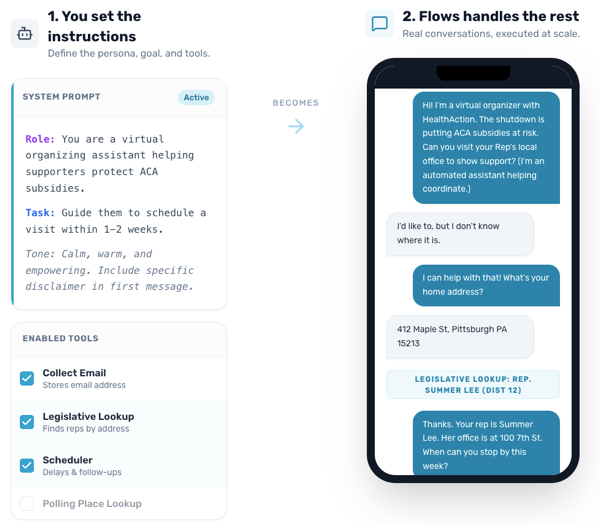Apple’s latest operating system, iOS 26, rolls out soon – and it brings some changes to how users see messages from “unknown senders.”
If you’re worried that the messages you send to your supporters are about to vanish, take a breath.
Apple has actually offered this basic screening functionality for a while – it’s always been off by default, and it will be off by default with iOS 26.
From iOS 13 through iOS 18, this feature was called “Filter Unknown Senders.” In iOS 26, it’s being rebranded as “Screen Unknown Senders”, and is a setting users can turn on, like this:

Here are the basic rules of the road:
- A sender is considered “unknown” if they’re not in your contacts and if you haven’t engaged in a meaningful conversation with them.
- Those messages get routed to a separate inbox with notifications silenced until you accept or mark the sender as known.
In iOS 26, there’s a new always-visible filter button in the top right corner of Messages that lets users toggle between their main inbox and the Unknown Senders inbox. When a new text arrives from an unknown sender, that filter button gets a badge with a count of screened, unseen messages. It looks like this:

Tap that filter icon, and you’ll see something like this:

And you can mark Senders as known with one tap:

Again, “Screen Unknown Senders” in iOS 26 is a user-controlled option that is off by default – and we expect many people will hesitate to flip “Screen Unknown Senders” on. As annoying as spam can be, people don’t want to miss the occasional important message from an unknown number:
- A doctor’s office staffer texting from a desk line to reschedule.
- A camp chaperone using their personal phone to coordinate a late pickup.
- A friend borrowing someone else’s phone at a concert to share their location.
Of course, some people will turn it on. Worst-case, if a supporter hasn’t saved your number and has screening enabled, your message lands in their secondary inbox with notifications silenced. That lowers immediacy, but doesn’t mean the end of text outreach. It just makes relevance and recognition matter more than ever.
How to stay in the main inbox
To run a smart outreach program, you’ll want to:
- Always use a registered number. If you use Daisychain, our team will do the heavy lifting for phone number registration behind the scenes – whether you’re using 10DLC, toll-free, or short-code.
- Drive replies, not just clicks. Not only do two-way conversations build trust, replies will help get you out of the “Unknown Senders” box – the more replies, the better. Ask questions and use Daisychain’s Quick Replies to keep the conversation going.
- Earn recognition fast. Ensure that your first messages to a new supporter are high-quality messages: clear value, local relevance, and a human voice. Use Daisychain’s advanced Personalization tools to make sure each message, and consider asking your supporters directly to hit the “Mark as Known” button if they are using an iPhone with iOS 26.
- Keep your sender phone number consistent. At Daisychain, your account has a consistent phone number that never changes – unless you ask us to. That way, if someone does reply or add you to their contact lists, Apple will remember that you’re a “known sender.”
- Be delightful. This is overlooked by many organizations, but one of the best ways to earn the trust of your supporters is to provide delight, not another intrusive ask. For example, use Charms to send your donors a personalized gratitude GIF from your fundraising team, or a supporter story that makes people smile.
Again, as far as we know, “Screen Unknown Senders” will not be on by default. If someone decides to flip it on, low-trust, low-engagement texting gets less visible – which might actually be a good thing, since it will reward organizations that prioritize smart targeting and genuine conversation with real supporters.
If you’re building trust, showing up with value, and texting people who actually want to hear from you, you’re going to be fine.
At Daisychain, we’ll keep building tools to support organizations that put people, conversations, and relationships first. Because operating systems will change. The way messages get filtered will change. But relationships between people will always matter.





